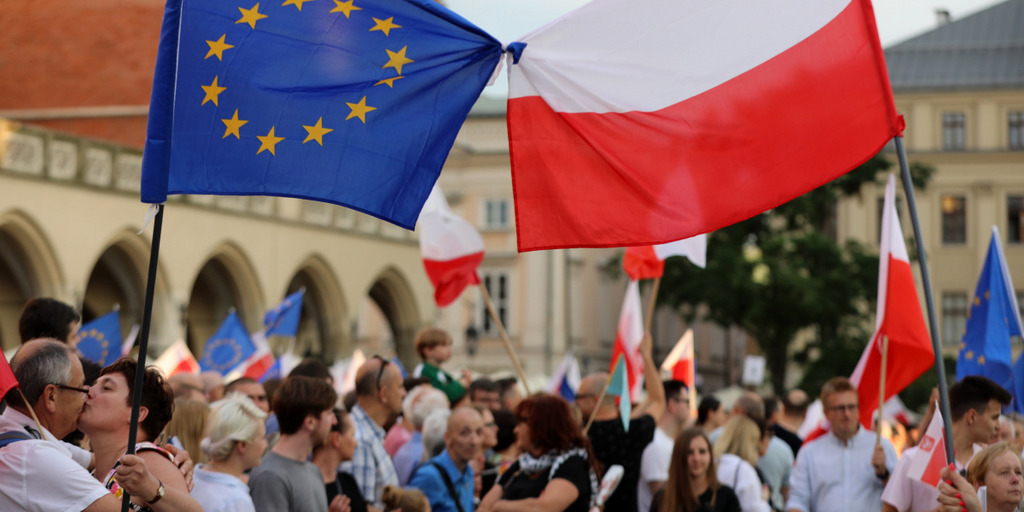This widespread suspicion towards the EU, however, does not mean there is appetite for a "Polexit". In fact, Poland wants to remain part of the EU but is unhappy with current moves towards integration. In fact there are a number of EU trends which irk Warsaw; the rising protectionism in Western Europe which endangers the single market; the fact that securing cooperation on migration is an EU priority; the post-Brexit risk that the fight for the bloc's resources will become tougher; the talk about the EU's "strategic autonomy" in defense, which may clash with transatlantic links. Warsaw's discomfort with all of these developments explains why it has adopted de-facto Euroskeptic positions on integration, rather than backing Paris and Berlin's bid to boost cooperation.
In January 2016 Poland declared the United Kingdom was its key partner in Europe – a marked departure from prioritizing relations with Germany. But the move was logical: the negotiations with the UK, which happened before the British referendum, suggested there was scope for EU change along the lines of British-Polish proposals for more market and less political integration. But the Brexit referendum revealed the Polish approach as a miscalculation: its new partner walked away, leaving Warsaw alone with its ambition to reform the bloc.
But where can Poland go from here? The new phase of modernization aims to improve Poland's position in the value chain, freeing it from its role as the sub-contractor to the German economy. But as suggested by Prime Minister Morawiecki, such a modernization necessitates strong ties with Western partners.
Meanwhile, not being part of the EU-decision making process is not an option. Unlike key ally Hungary, Poland has specific and diverse interests in many sectors of EU policy (including energy and security), meaning it needs remain part of the conversation. This is the background to the newly opened debate about euro-zone accession, advanced mainly by independent experts and the political opposition.




